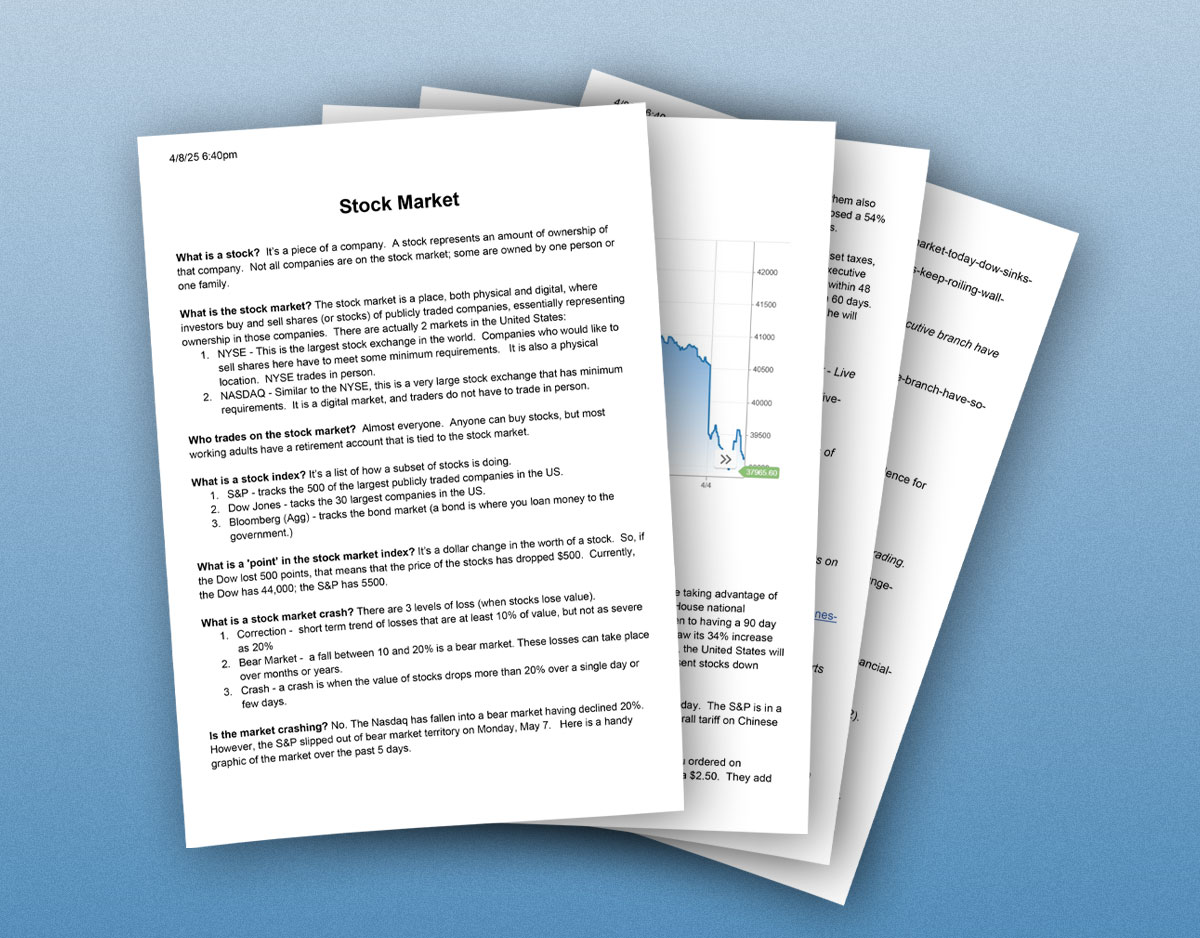Mitigating Misinformation: Librarian creates FAQs for current events
Virginia librarian IdaMae Craddock is using her professional research skills to keep facts at the forefront for her students and fellow educators.
Librarian IdaMae Craddock is fighting misinformation at her school one FAQ at a time.
On January 7, 2021, Craddock was distressed when she heard students confidently sharing misinformation about the January 6 attack on the Capitol building in Washington, DC.
“There was not much that I could do in that moment; the only skill I possess that could mitigate the harm is research,” says Craddock, the librarian at the Community Lab School in Charlottesville, VA. “Librarians have a whole degree in looking things up.”
Having already taken notes and done some research to help herself process the event and sort out the mis- and disinformation she was seeing, Craddock set out to make a fact sheet for her students. She broke the information down into sections and finished with a list of citations. She gave it to her students with instructions to “correct misinformation when they heard it online, from friends, at the dinner table, everywhere.”
A few days later, Craddock heard a teacher in a government class explaining what ANTIFA was and how the group organized the attack on the Capitol.
“While it felt very rude at the time, I did interrupt to correct some misunderstandings and showed her the fact sheet I had made for the kids,” says Craddock. “I have never been more grateful to have citations in my life. Regardless of political opinion, I had a solid reference sheet and facts only. This teacher loved it [and] asked if she could pass it along.”
Soon after, Craddock’s principal had her send the sheet to all faculty. It was the first of what would become a valued resource at the school: Craddock’s FAQs, created when she hears misinformation being spread or receives a request from an educator, administrator, or parent.
At the request of teachers, she has created FAQ sheets about the Israel/ Palestine conflict, Disney’s lawsuit against Florida Governor Ron DeSantis, the war in Ukraine, the University of Virginia shooting, the stock market and tariffs, and much more.
“Teachers have a lot of respect and authority—both with students and parents,” says Craddock. “When they stand in the front of the classroom and say something, people believe them. It’s my job to make sure that what they’re saying is correct. It bolsters the reputation of the teacher, the comfort of the students and the community, and it positions the library as a reliable resource.”
Craddock’s resources depend on the topic at hand. For emerging situations, she seeks out the closest local news sources and Reuters. For U.S. legal cases, she reads the actual court documents and checks the police blotter when appropriate. She also reads legal websites, Above the Law, SCOTUS Blog, and Jurist. For technology, she goes to the Clio Blog. International issues take her to the Associated Press, Reuters, Al Jazeera, France24, and BBC, depending on the topic. For political news, she seeks stories from the Christian Science Monitor and ProPublica. She fact-checks with Politifact, Factcheck.com, Snopes, Open Secrets, and ABC’s fact check.
“Lateral reading—it’s not magical or fast, but it is effective,” says Craddock.
When the FAQs are pulled together, she taps a network of professors to review her information for accuracy and oversimplification and a friend in the district’s DEI office to check the documents for bias.
“Misinformation literally kills people,” she says. “It’s wrong. If there is anything I can do to prevent it, that feels like a moral imperative. Librarians have a very deep and wide understanding of information. We should use our skills for good.”
RELATED
The job outlook in 2030: Librarians will be in demand
The job outlook in 2030: Librarians will be in demand
ALREADY A SUBSCRIBER? LOG IN
We are currently offering this content for free. Sign up now to activate your personal profile, where you can save articles for future viewing







Add Comment :-
Be the first reader to comment.
Comment Policy:
Comment should not be empty !!!